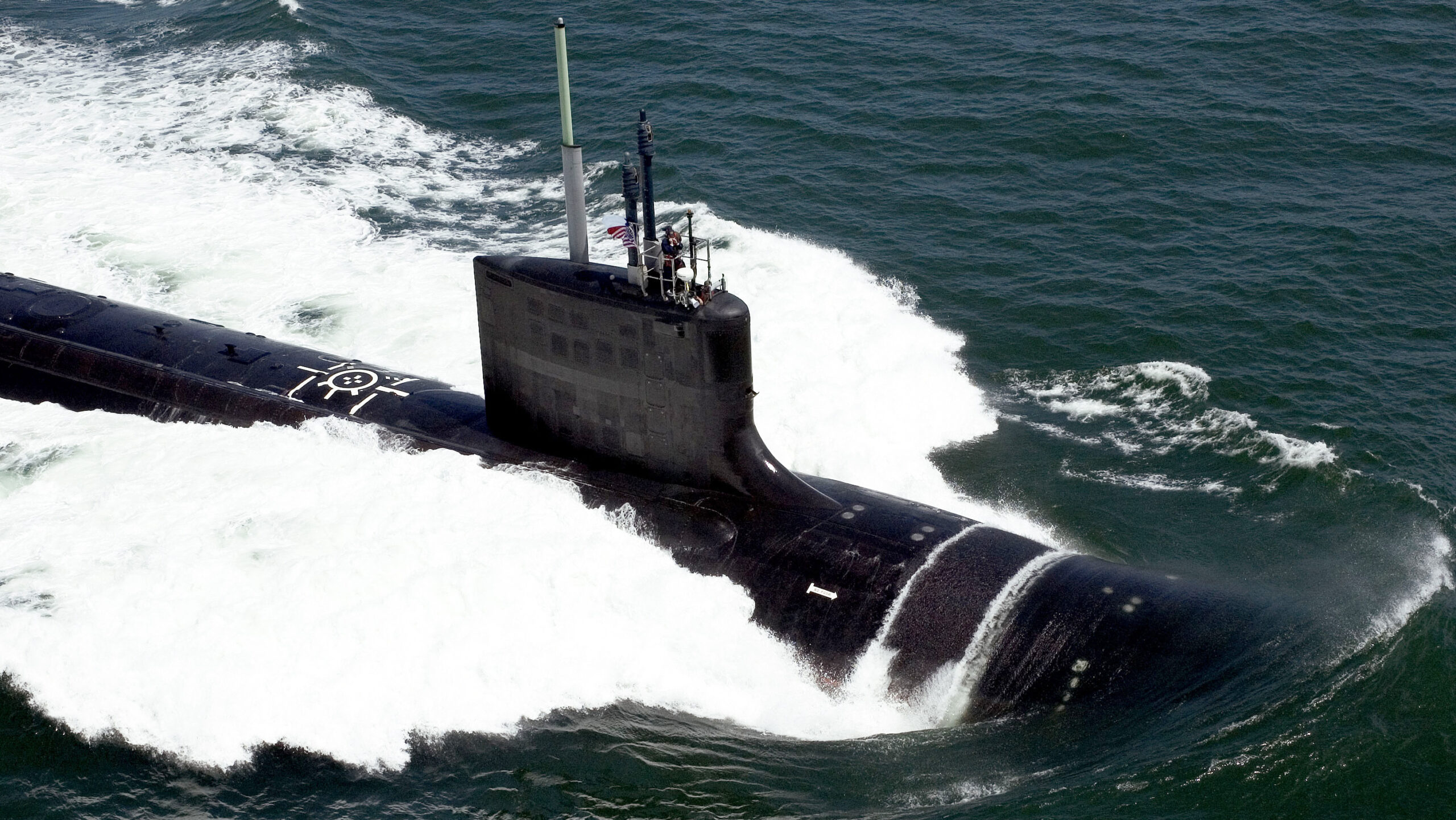Australia’s former Defense Minister says there were plans under the country’s previous government to acquire two U.S.-made Virginia class nuclear attack submarines by 2030. This disclosure has caused some consternation among Australian officials, who are now worried that this may derail parts of a new partnership with the United States and the United Kingdom called AUKUS that includes an initiative to buy examples of a new domestically-developed class of nuclear-powered submarines, or SSNs, among other things. This is the latest development in Australia’s complicated process to find a successor to its current Collins class diesel-electric submarines after the country walked away from a previous deal to replace them with new French-designed conventionally-powered Attack class types.
Former Defense Minister Peter Dutton, now leader of the opposition Liberal Party, used an opinion piece in The Australian newspaper yesterday to put forward his claims, which remain unconfirmed by other officials. Dutton wrote that he expected the United States would supply the two Virginia class SSNs before the end of the decade, noting that he had “formed a judgment the Americans would have facilitated exactly that.”
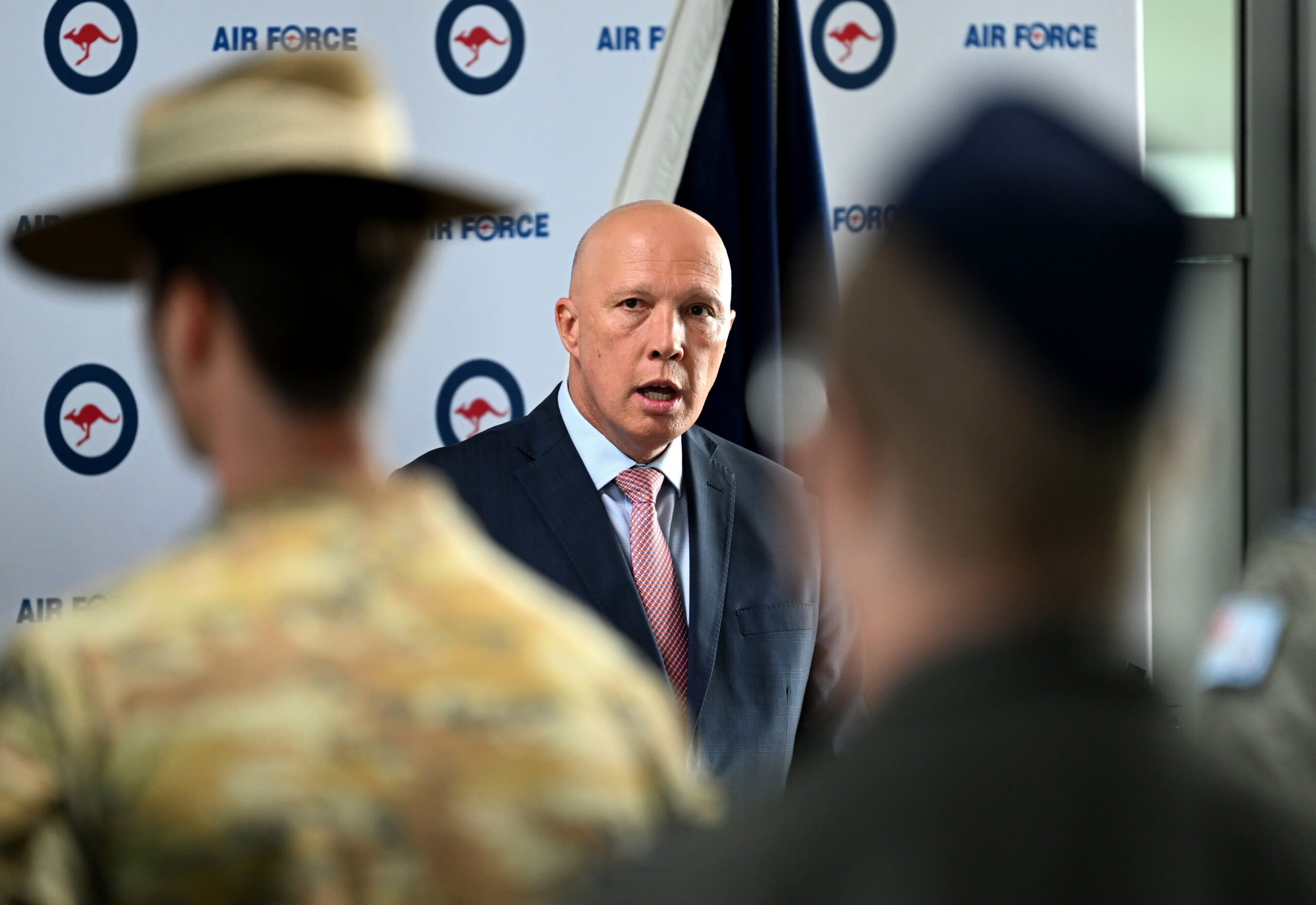
Aiming criticism at the current Labor Party, which is now leading Australia’s government after elections last month, Dutton argued that, had the previous coalition remained in office, it could have been “in a position to make an announcement around July-August” about the Virginia acquisition. He then doubled down on the claims, telling a radio station that “I really worry that Labor is now walking away from AUKUS, from the submarine deal, and that is clearly not in our national interest.”
It’s unclear whether Dutton is talking about plans the prior government had to purchase or simply lease Virginia class submarines. Dutton said last year that leasing American nuclear-powered submarines was a way to acquire an interim capability in this regard and doing so was a definite possibility. This is a course of action that others, including former Australian Prime Minister Tony Abbott, have advocated for publicly, as well.
Instead of the nuclear-powered submarines that the coalition government had said it wanted, Dutton claimed the Labor Party was now pushing to acquire more conventionally powered boats, apparently to be built locally as a follow-on to the Collins class.
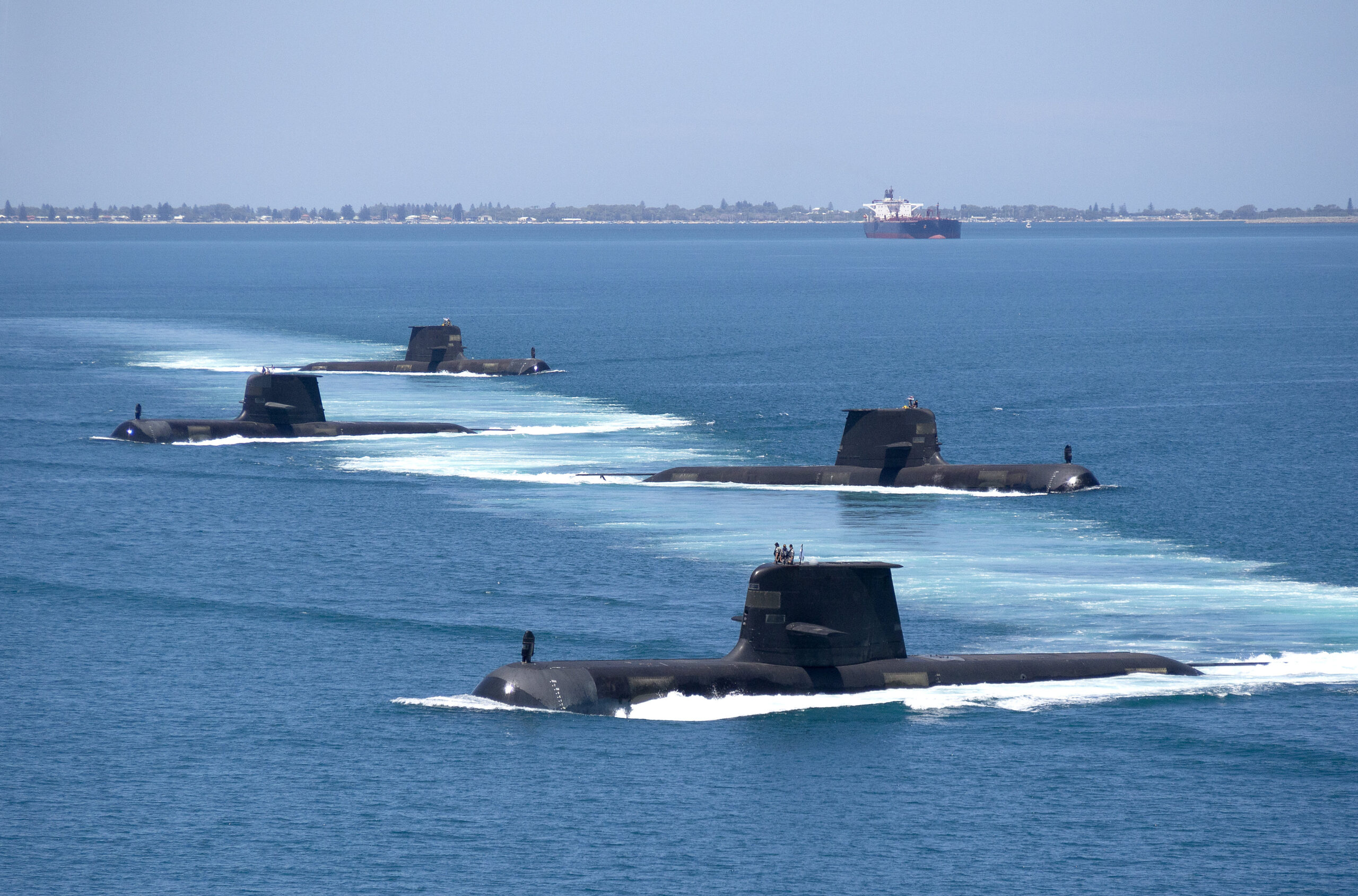
The former Australian defense minister’s words have been met with disapproval from officials and analysts alike, chiefly because, Australia is yet to decide, at least publicly, on where it will source its new submarines from.
Dutton’s op-ed also follows comments from Australia’s new Defense Minister, Richard Marles, that the previous government’s expectation that the country’s first domestically-developed nuclear-powered submarine could be built by 2038 was overly optimistic. “I think in reality as the former government left office, the projection of most was that [delivery] was more likely to be in the mid-2040s,” Marles told Australian newspapers The Sydney Morning Herald and The Age earlier this week.
“We need to look at how we bridge the gap. That’s all I can say. And my mind is open about how we do that,” Marles added.
With an eye on the security environment in the Asia Pacific region, and especially the fast-developing Chinese threat, the Australian government had ditched plans to buy 12 Attack class boats under the SEA 1000 contract with France’s Naval Group last year. That acquisition effort, which traces back all the way to 2007, had already been suffering from schedule delays and massively ballooning costs. Against the backdrop of those issues, Australian authorities had already disclosed plans to extend the life of the existing Collins class submarines prior to the announcement about the new nuclear submarine program.

The Australian government’s decision to scrap the Attack class and acquire new nuclear-powers submarines was unexpected, but does make sense in many ways in light of the country’s current national security priorities and its geographical position. Nuclear-powered types offer considerable additional advantages in range, dive time, speed, and overall endurance compared to even advanced conventionally powered designs with air-independent propulsion systems. They also come at a high cost and have large infrastructure and industrial base demands that are exclusive to their nuclear propulsion systems.
As announced last September, the timeline for the new SSNs includes an 18-month period in which the U.K. and U.S. governments would help Australia explore the “optimal pathway” toward acquiring the new boats. During that period it was expected that a choice would be made between a derivative of the British Astute class, the U.S.-made Virginia class, the U.S. Navy’s still largely notional forthcoming SSN(X), design, or perhaps something altogether different.
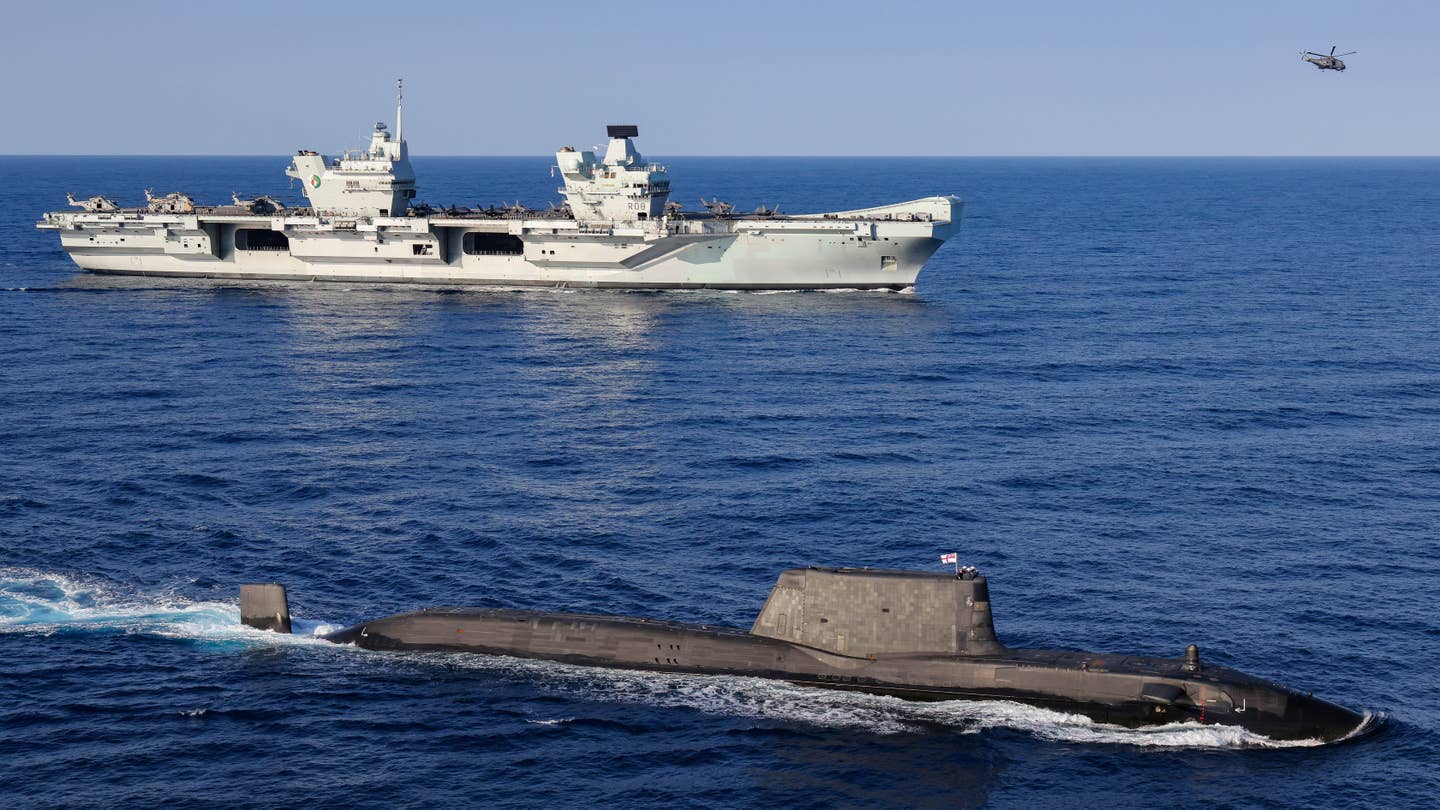
The concern among some Australian officials is that Dutton’s public statements may turn that decision-making process on its head and also undermine the integrity of the AUKUS partnership. That new security pact envisages a much broader military cooperation between the three countries. In particular, it would seem that relations with the United Kingdom could be threatened since it appears that secret talks were held with the United States about acquiring Virginia class boats.
The Australian Broadcasting Corporation (ABC) says it has spoken on the condition of anonymity to several individuals connected to AUKUS, who voiced their concern about the effect of Dutton’s disclosure.
One unnamed official said that Dutton’s editorial had “buggered” plans for a joint announcement on a Collins class successor by Australia, the United States, and the United Kingdom by the end of the year.
“The United States can’t even do what Mr. Dutton is claiming they can, that is, provide two nuclear boats out of the Connecticut production line,” the official added, highlighting the difficulty in providing two new Virginia class boats to the Royal Australian Navy. Virginia class submarines for the United States are produced by two shipbuilders, General Dynamics Electric Boat in Groton, Connecticut, and Huntington Ingalls Industries in Newport News, Virginia.
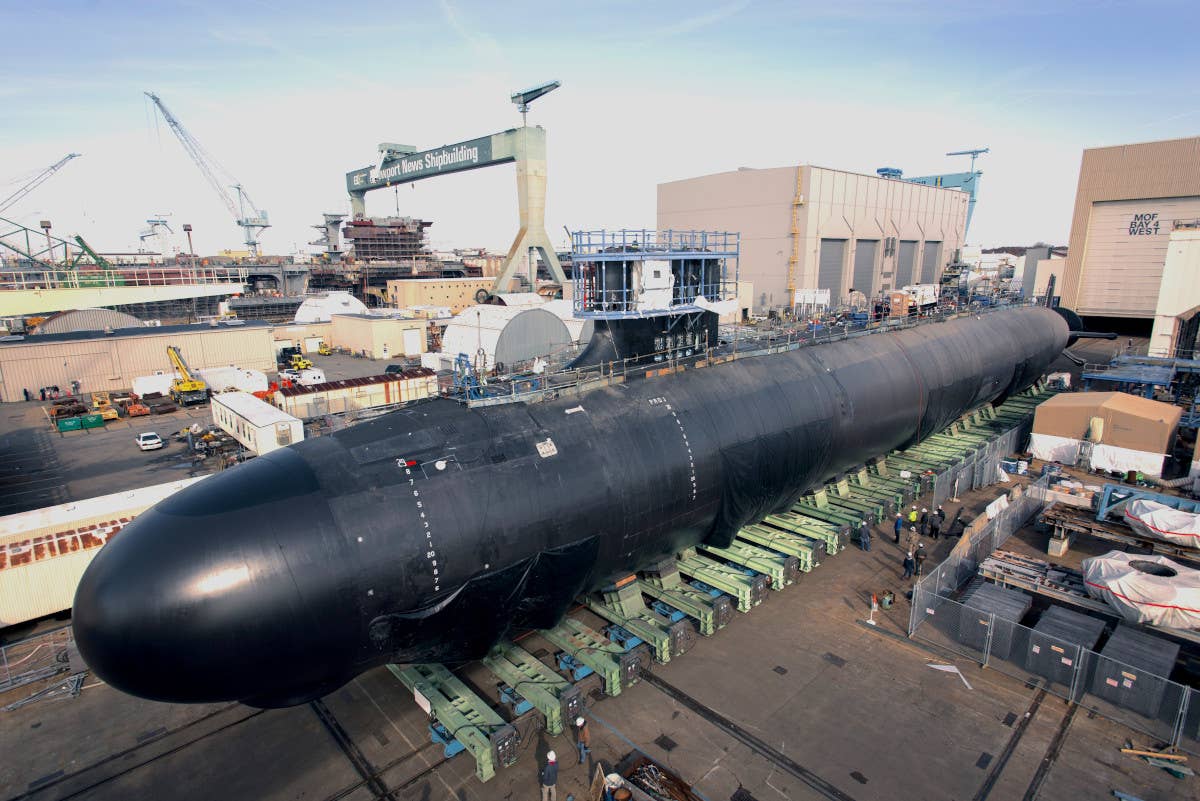
Equally critical was Marcus Hellyer, a senior analyst at the Australian Strategic Policy Institute, who told the Guardian Australia that Dutton had “put out an idea or concept” that doesn’t reflect the reality of the situation. Hellyer added: “There’s no way this is a plan, it hasn’t been agreed by the U.S. government, nor Australia, nobody has actually agreed to it.”
As well as potentially harming the AUKUS partnership, there are worries that Dutton’s comments could have the effect of slowing down the overall project to replace the Collins class. Finding a capable, nuclear-powered successor to these submarines is a priority, with Dutton himself saying that the current “diesel-electric submarines would not be able to compete against the Chinese in the South China Sea beyond 2035.”
Chinese military activity in the South China Sea is an especially hot topic in Australia right now. It was in that region, just last week, that a Chinese J-16 Flanker fighter jet dropped countermeasures in front of an Australian P-8A Poseidon maritime patrol aircraft in what Australian officials said was a “dangerous maneuver.”
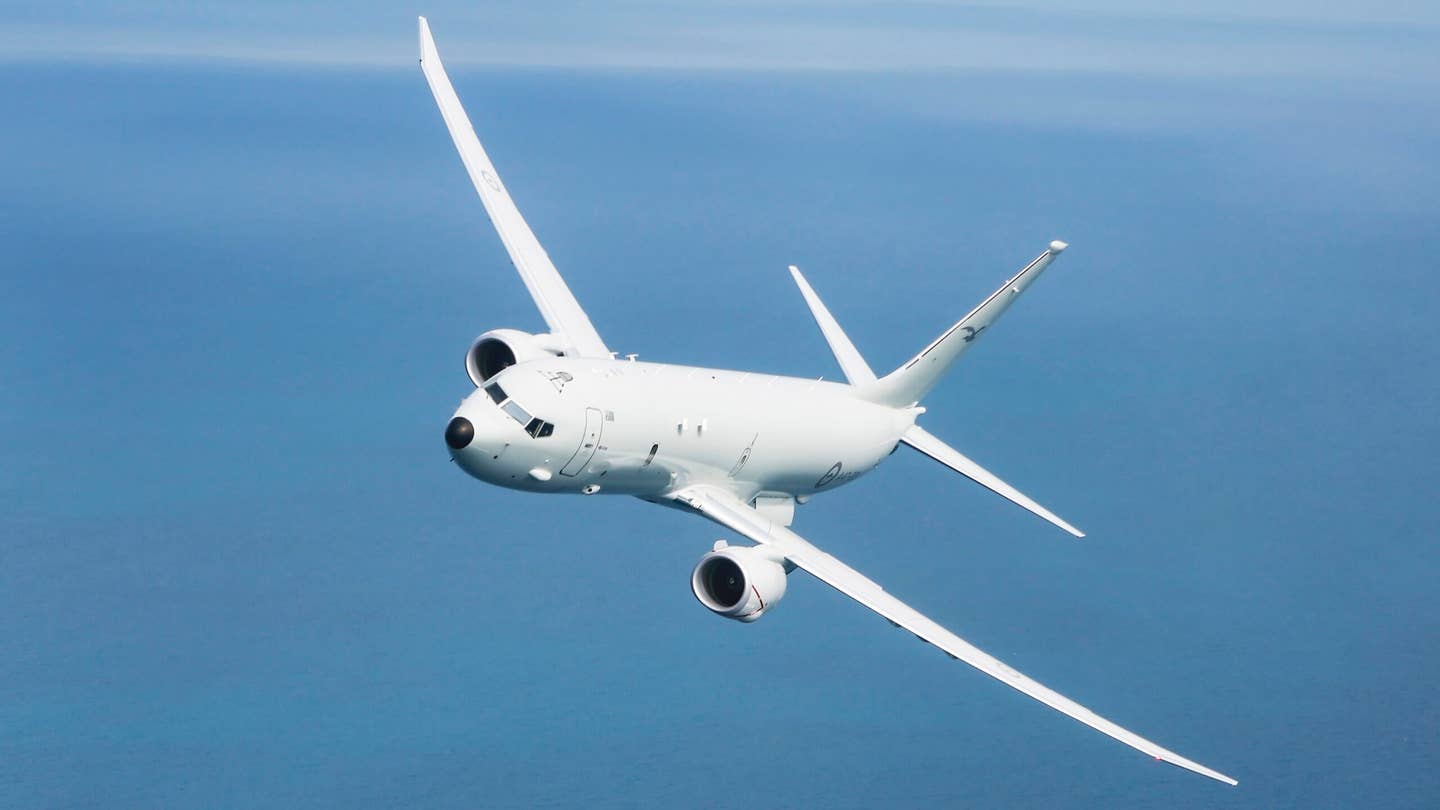
“Obviously, we do not want to see an increase in militarization in the South China Sea,” Australian Defense Minister and Deputy Prime Minister Richard Marles told reporters. “This is a body of water, which is deeply connected to Australia because of our trade, which goes through there.”
It’s unclear exactly where Australia’s current SSN procurement plans leave the United Kingdom and if there’s a path for them to be part of the program. Immediately after Australia announced plans to scrap the Attack class in favor of a nuclear-powered boat, the United Kingdom declared it had begun work on a next-generation nuclear-powered submarine program to replace the Royal Navy’s current Astute class SSNs. This new program is currently known as the Submersible Ship Nuclear Replacement, or SSNR, and it seemed at least possible that this could lead to an all-new nuclear-powered design tailored for both the United Kingdom and Australia, or that potentially a subclass of the SSNR could incorporate Australian-specified features.
The chair of defense studies at the University of Western Australia, Dr. Peter Dean, told ABC: “I’m sure that the U.K. wouldn’t be happy to learn from a newspaper article that, potentially, their submarine is not an option and I’m sure there’s plenty of people in the U.S. Congress, the Pentagon and other parts of the U.S. who were very interested to read these possible developments.”
As to the official line from the Labor Party, in the wake of Dutton’s comments, Defense Minister and Deputy Prime Minister Richard Marles said: “This outburst today, from someone so recently in the chair, is damaging to Australia’s national interest. The comments are loose and undermine the AUKUS agreement.”
Marles reiterated that no decision had been taken on which SSN would be acquired to replace the Collins class, stating that “all options remain on the table.”
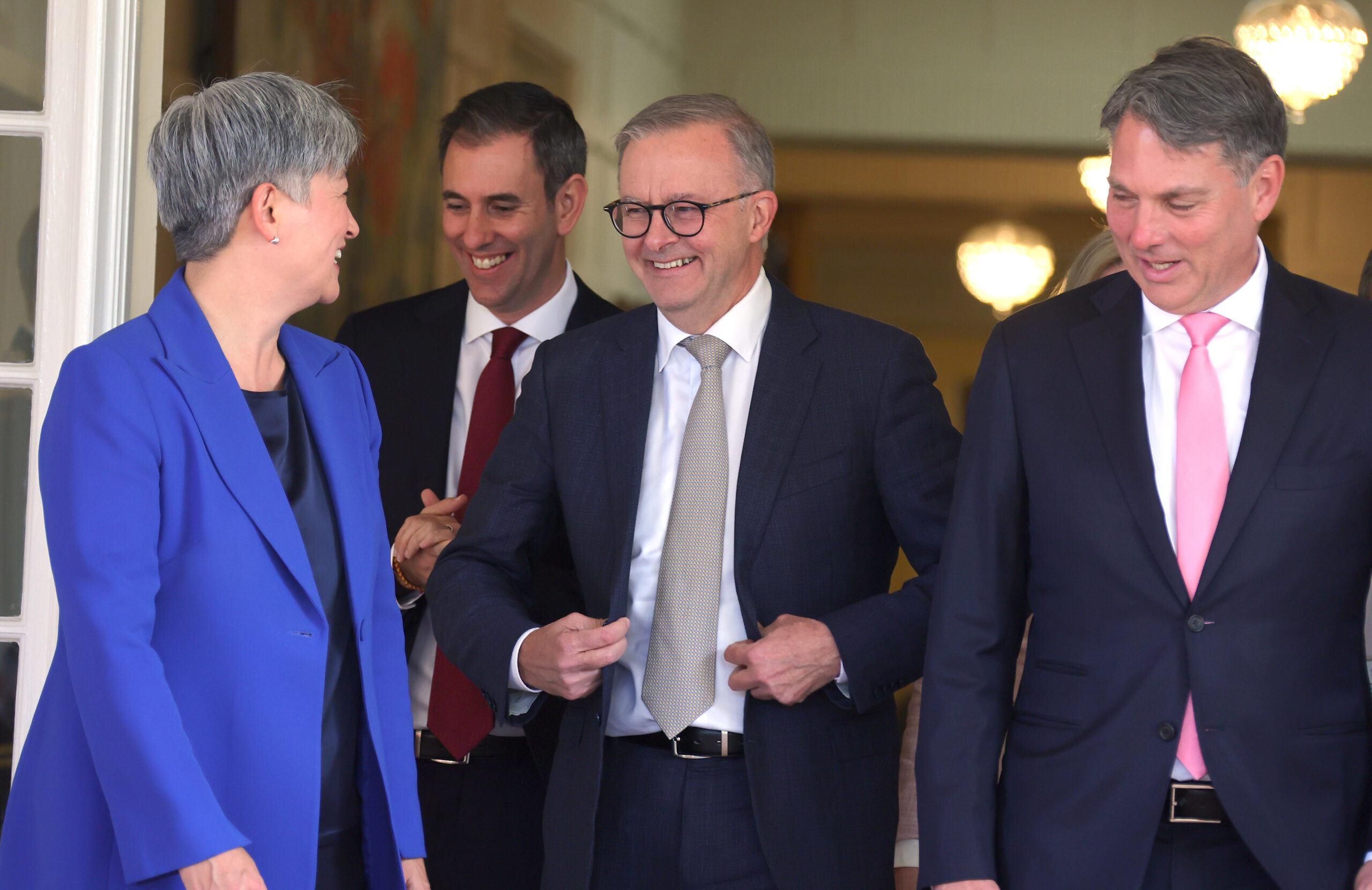
The Australian Department of Defense has not provided its comment on the latest developments. However, it seems more likely than not that there will be more twists in the country’s ambitious plans to introduce a new nuclear-powered submarine. After all, the Collins boats are only getting older, while the Chinese threat is growing. Even without political infighting, building and then introducing as complex and specialized warships as SSNs — not to mention creating the infrastructure necessary to do so — is far from straightforward.
Contact the author: thomas@thedrive.com
